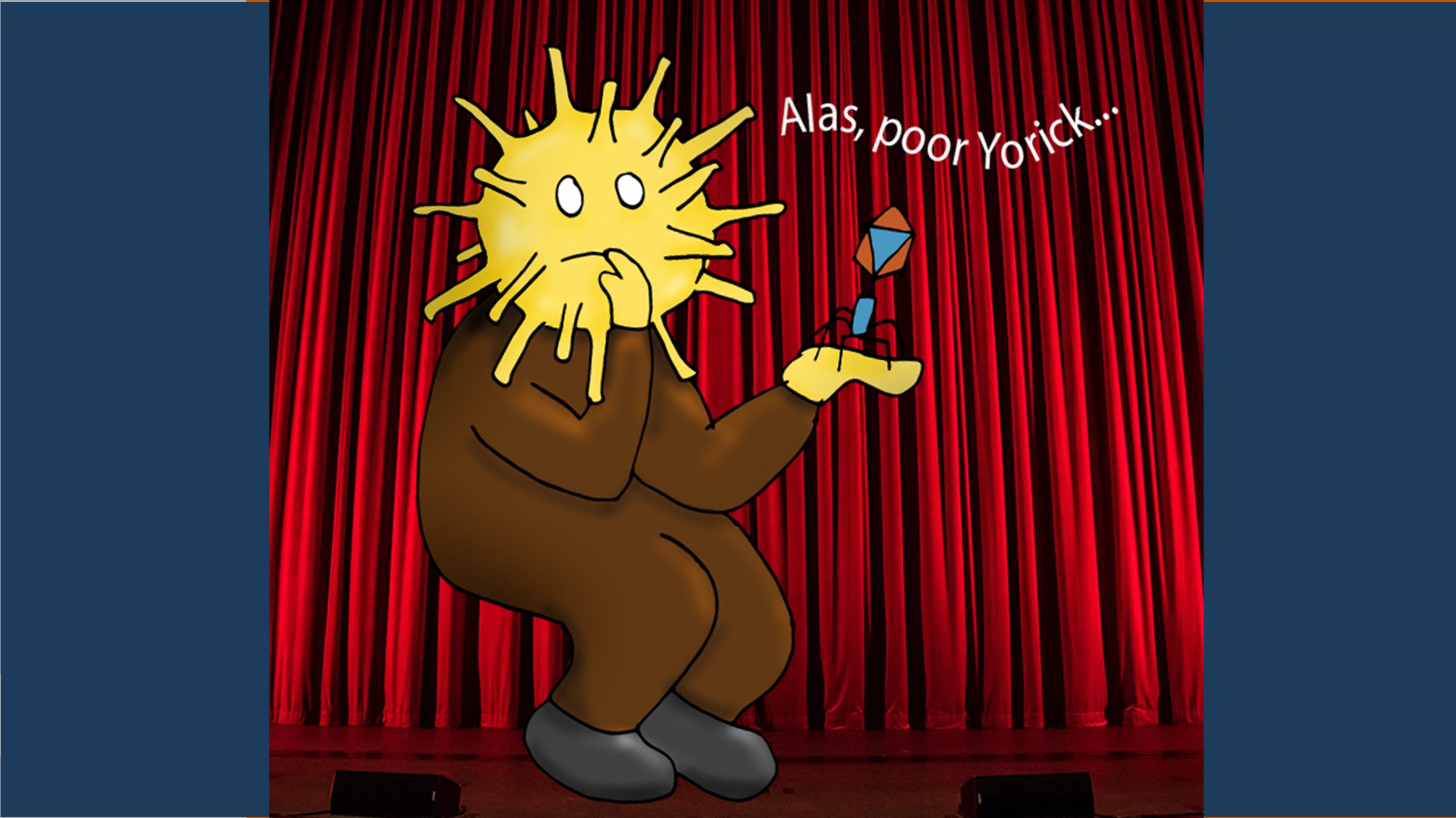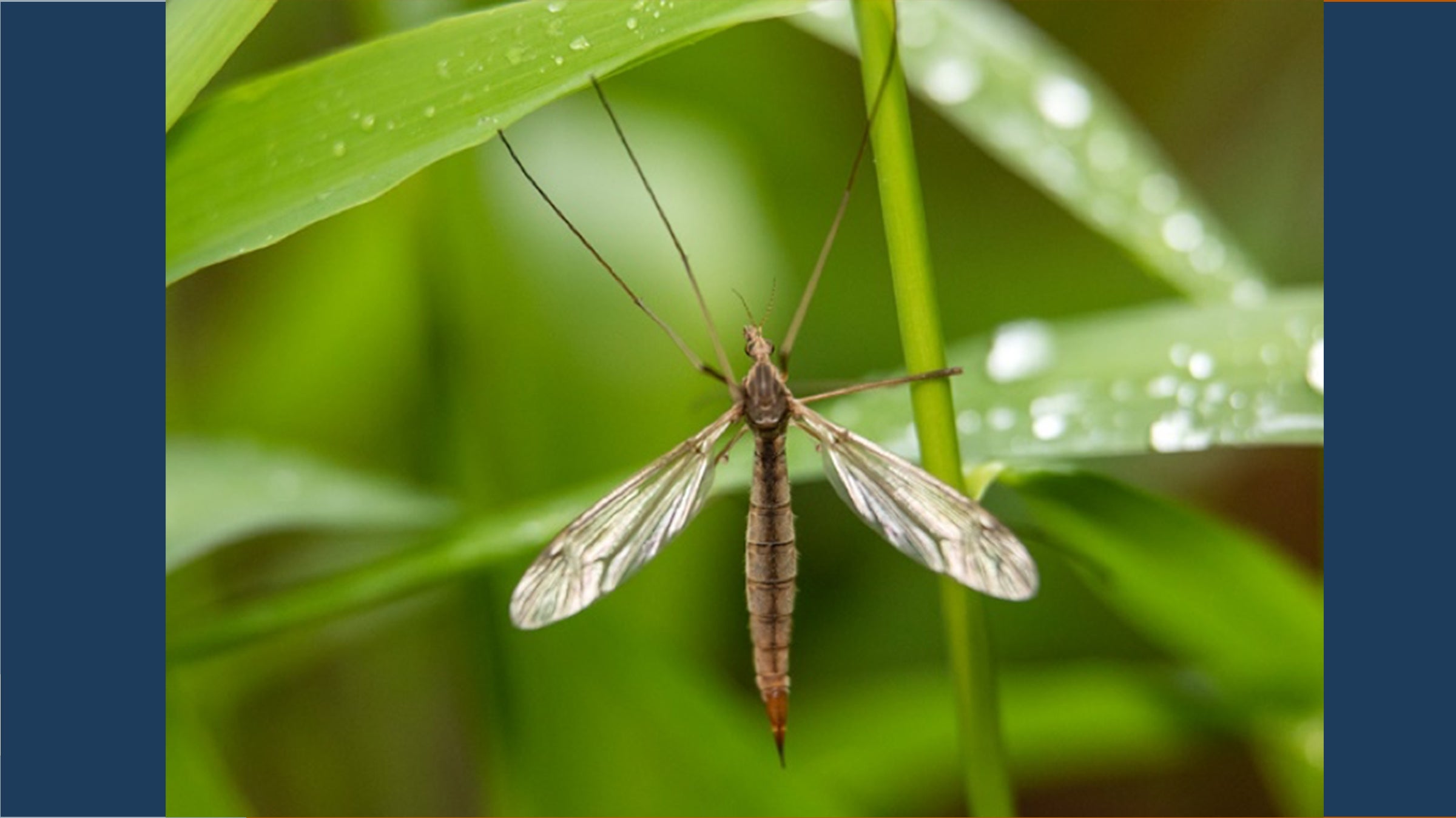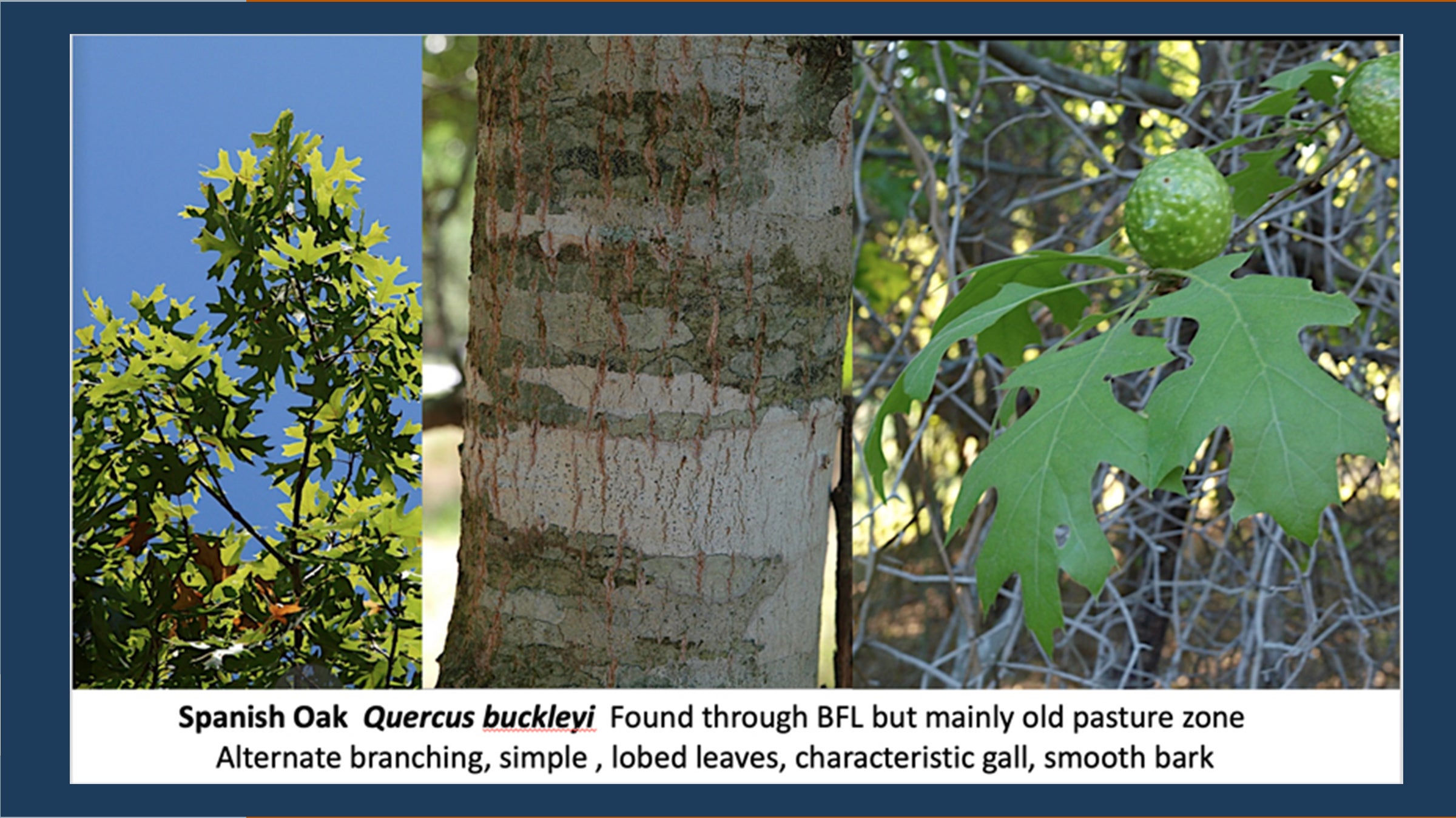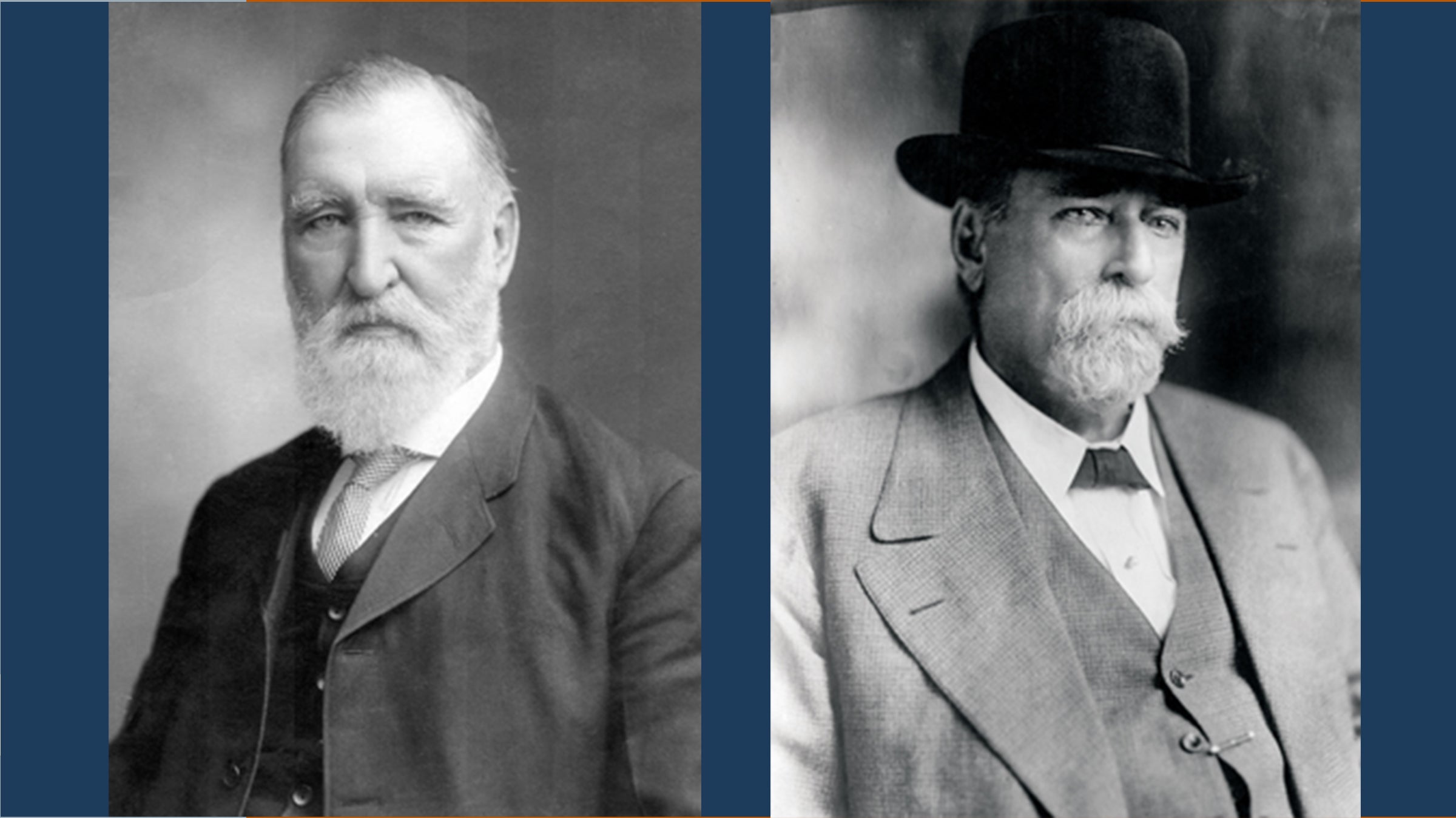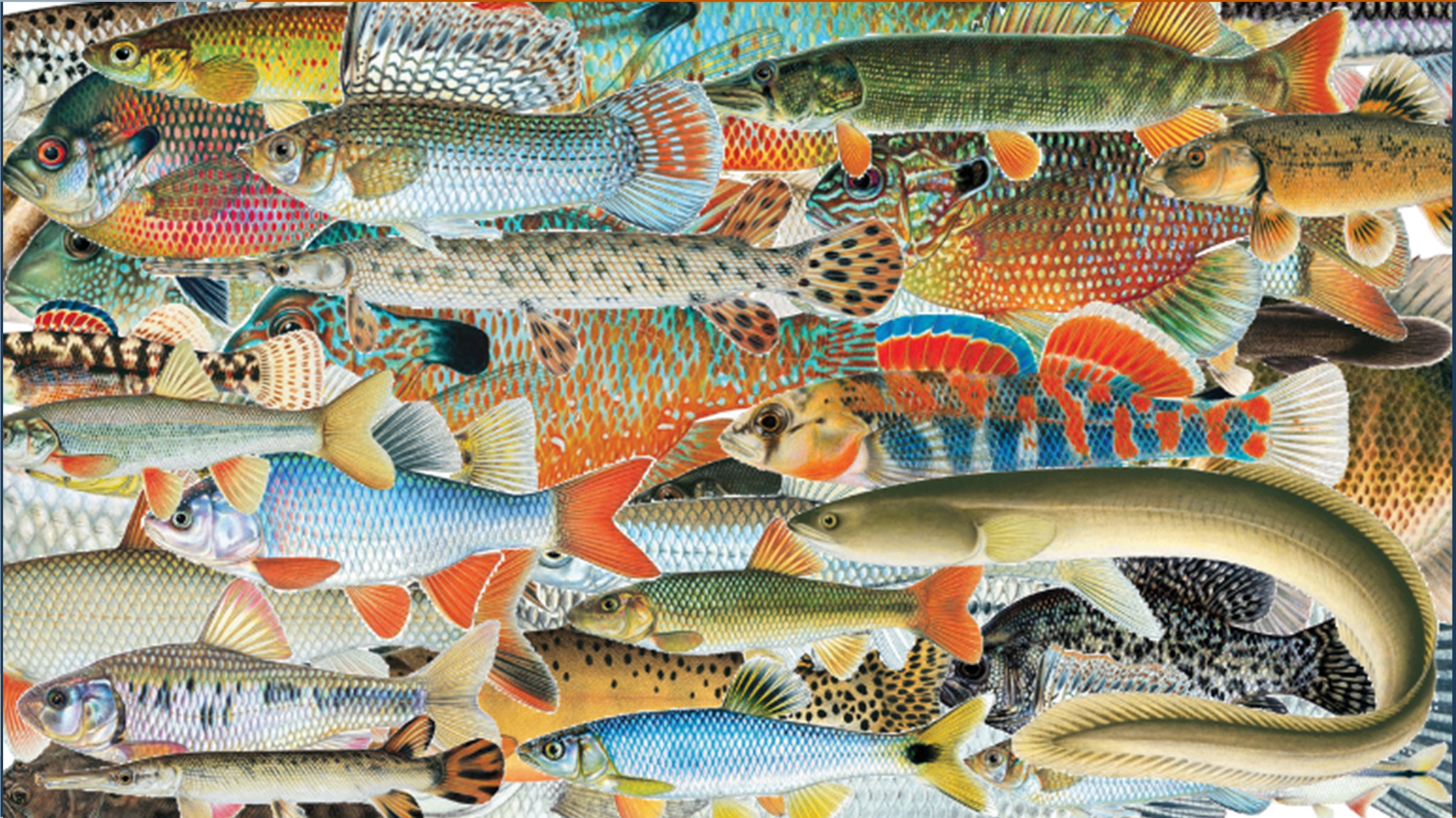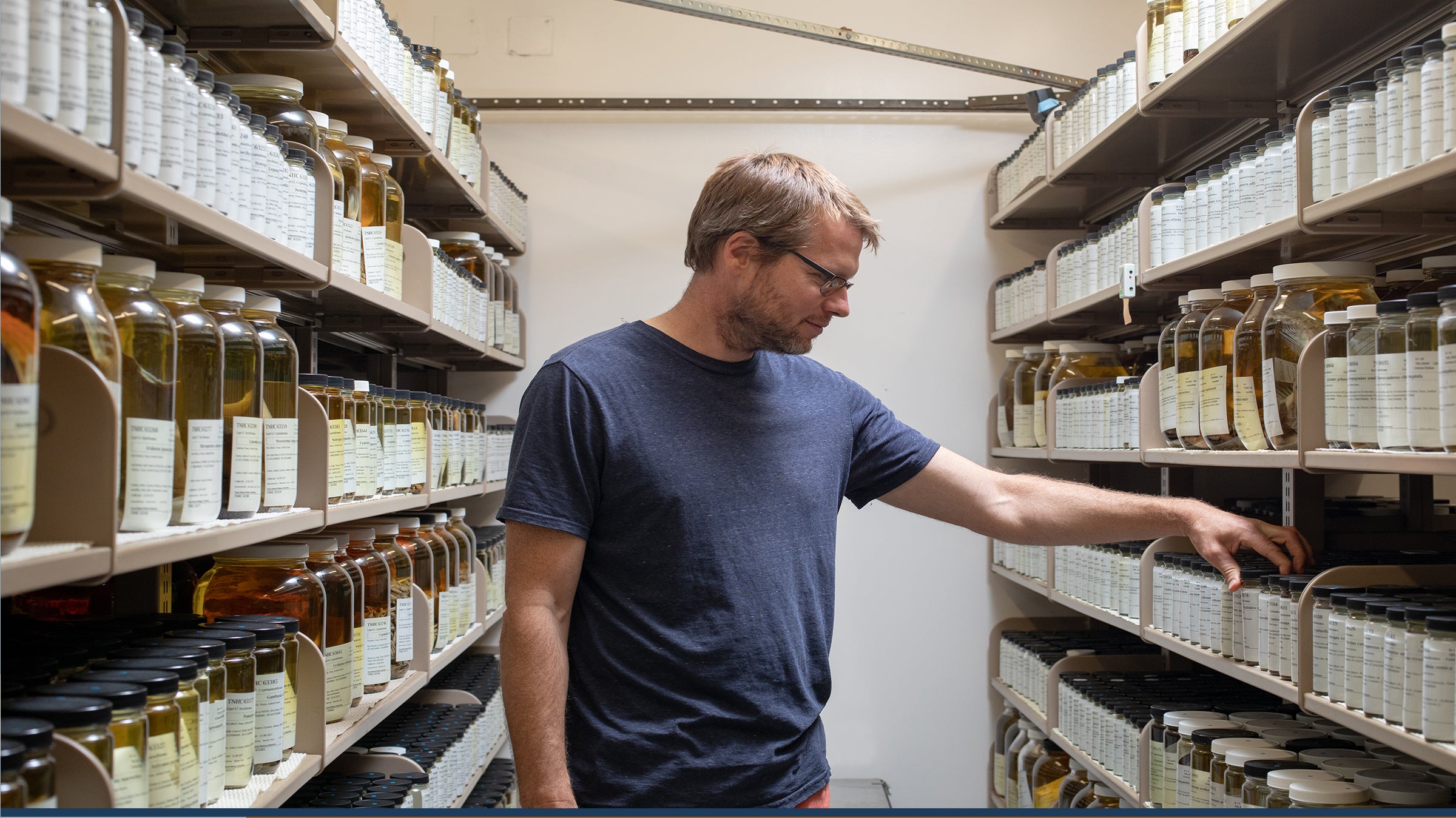News
UT News
Coronavirus Spreads Quickly and Sometimes Before People Have Symptoms, Study Finds
Measures including isolation, quarantine, school closures, travel restrictions and cancellation of mass gatherings may be warranted.

UT News
Demographics Linked to Choice Not to Vaccinate Children in Texas, Study Finds
The findings could help public health officials identify pockets of low vaccination rates where communities within the state are at higher risk for an outbreak.

The Texas Scientist
20/20 Foresight
So what will the next 50 years bring? Absent a crystal ball, your best bet would be to ask a scientist.


